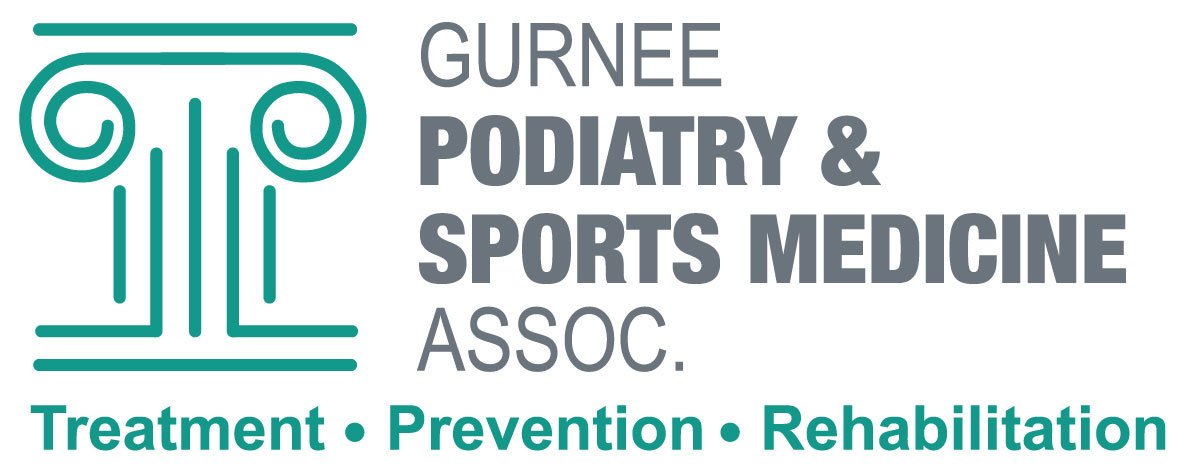5 Reasons Not To Wear High Heels
Famous footwear designer Manolo Blahnik once said, “You put high heels on, and you change.” However, he neglected to mention that change isn’t always for the better. High heels may be fashionable, but here are five reasons to forget about trends and ditch your heels.
High Heels Increase the Risk of Developing and Irritating Bunions

Image by Amanda Vick is licensed with Unsplash License
Bunions are the most common foot problem linked to wearing high heels. It’s debatable whether wearing high heels causes bunions because some people develop them without ever wearing heels. However, podiatrists believe that wearing high pointy-toed heels can encourage the development of the protrusion of the first large toe. High heels force you to walk on the balls of your feet. Depending on the design of the heels, your toes may become compacted at the front of the shoe and cause irritation of the joints, which may cause calluses or an inflamed bursa to
appear earlier than they might otherwise.
Because of their design, high heels can also directly irritate a bunion. This irritation occurs when you force your feet into shoes that come in direct contact with a bunion. If you have bunions, you may feel more comfortable wearing supportive shoes with an open design, such as flat sandals and flip-flops with ergonomic footbeds. Sneakers with arch support can also be a good choice for bunions.
High Heels Can Cause Bone Damage
High heels don’t only cause visible problems. They can also negatively impact your body right
down to your bones. In a Washington Post article, podiatrists said long-term use of high heels
could cause stress fractures in the bones of the feet. These fractures usually occur on the
metatarsal bones the most common location. They tend to happen in that area because high
heels direct your weight to the balls of your feet rather than distributing it evenly.
While these fractures usually occur over time, wearing high heels can also cause metatarsal joint
and bone damage. Studies show that wearing high heels increases your risk of injuries. It’s
unsurprising when you think about it, as high heels move the body’s center of gravity forward.
With your hips and spine out of alignment, your leg and back muscles must work hard to keep
you upright. As a result, if you wear heels, you’re much more likely to fall, twist your ankles, or
trip while you walk. Typically when women wear heels, it may shift weight and cause strain on
the knee joints too.
High Heels Can Cause and Exacerbate Arthritis
A Harvard study found that wearing heels of just two inches places 23% more strain on the inner knee than wearing shoes with flat soles. Most people consider 2-inch heels to be kitten heels, with high heels measuring at least 3.5 to 4.5 inches. The higher the heel, the more the wearer’s knees bend unnaturally and the greater the pressure on the joints. The study researchers linked this pressure to the development of osteoarthritis in the knees.
If you’ve already received an arthritis diagnosis, continuing to wear heels can cause more rapid deterioration. High heels place stress on the ball and arch of the foot. They can also wear down joints and put extra stress on the knees, hips, and back, three of the most common problem areas for arthritis.
Wearing High Heels Usually Hurts
We’ve all heard beauty is pain, but some might say life is too short for uncomfortable shoes. An American Pediatric Medical Association study found that more than 70% of women said their heels made their feet ache. It’s common for people to experience pain in the balls of their feet, where high heels direct the wearer’s weight. High heels can also rub your feet and cause blisters and callouses.
You might dismiss the long-term impact of wearing high heels if you’re young and your feet seem healthy. However, any short-term pain should be enough to make you reconsider your footwear. With a wide range of stylish and supportive flats on the market, you can easily find an incredible pair of shoes that treat your feet right.
If wearing high heels has impacted your feet, stop putting up with the pain and do something about it. Dr. Lisa Schoene, Dr. Bruce Bever and the Gurnee Podiatry and Sports Medicine team can assess your feet and develop a treatment plan to bring you some relief. But before you make that call, take off your high heels. Trust us; you’re far better off without them.
